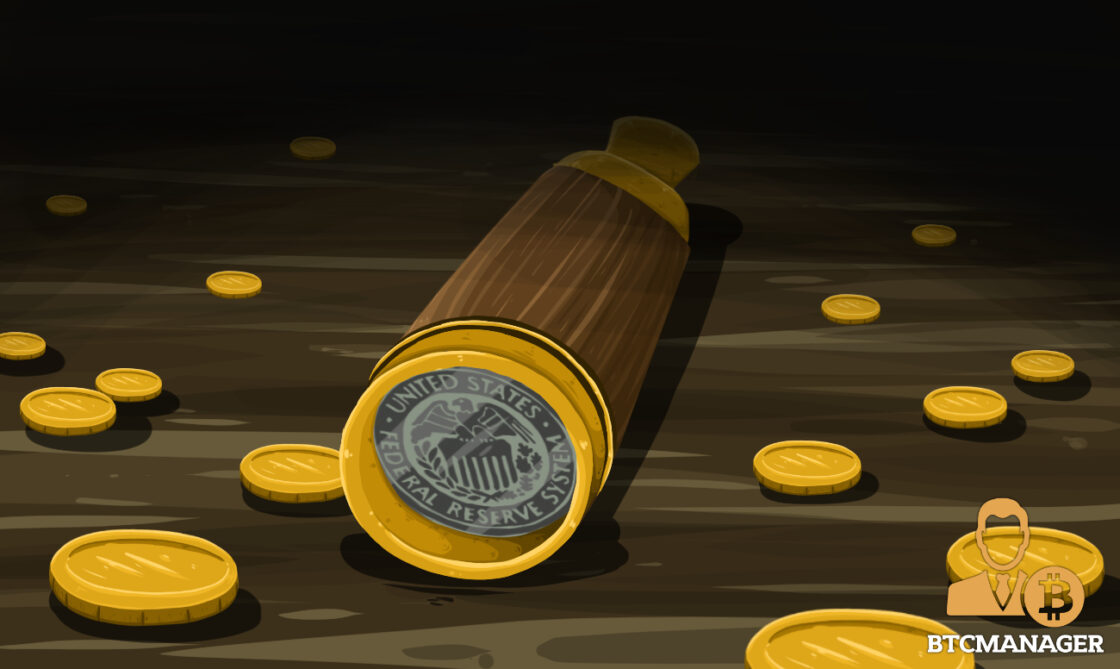PALO ALTO, Calif. (Reuters) - The Federal Reserve is looking at a broad series of issues around digital payments and currencies, Website link including policy, style and legal factors to consider around possibly releasing its own digital currency, Governor Lael Brainard stated on Wednesday. Brainard's remarks suggest more openness to the possibility of a Fed-issued digital coin than in the past." By changing payments, digitalization has the possible to fedcoins deliver greater worth and benefit at lower cost," Brainard stated at a conference on payments at the Stanford Graduate School of Business.
Reserve banks worldwide are discussing how to manage digital finance technology and the dispersed journal systems utilized by bitcoin, which guarantees near-instantaneous payment at potentially low cost. The Fed is developing its own round-the-clock real-time payments and settlement service and is currently examining 200 comment letters sent late in 2015 about the proposed service's design and scope, Brainard stated.
Less than 2 years ago Brainard informed a conference in San Francisco that there is "no compelling showed requirement" for such a coin. However that was before the scope of Facebook's digital currency aspirations were commonly understood. Fed authorities, consisting of Brainard, have raised concerns about customer protections and information and personal privacy dangers that could be presented by a currency that might come into usage by the 3rd of the world's population that have Facebook accounts.
" We are collaborating with other central banks as we advance our understanding of reserve bank digital currencies," she stated. With more nations looking into releasing their own digital currencies, Brainard stated, that contributes to "a set of reasons to also be making sure that we are that frontier of both research study and policy advancement." In the United States, Brainard stated, problems that need research study include whether a digital currency would make the payments system more secure or easier, and whether it could pose financial stability threats, consisting of the possibility of bank runs if money can be turned "with a single swipe" into the reserve bank's digital currency.

To counter the monetary damage from America's unmatched nationwide lockdown, the Federal Reserve has taken extraordinary steps, including flooding the economy with dollars and investing directly in the economy. The majority of these moves got grudging acceptance even from many Fed skeptics, as they saw this stimulus as required and something only the Fed might do.
My brand-new CEI report, "Government-Run Payment Systems Are Unsafe at Any Speed: The Case Versus Fedcoin and FedNow," details the Go here threats of the Fed's existing plans for its FedNow real-time payment system, and proposals for central bank-issued cryptocurrency that have actually been called Fedcoin or the "digital dollar." In my report, I discuss issues about personal privacy, data security, currency manipulation, and crowding out private-sector competitors and innovation.
Supporters of FedNow and Fedcoin state the federal government needs to produce a system for payments to deposit immediately, instead of motivate such systems in the economic sector by lifting regulative barriers. But as kept in mind in the paper, the private sector is supplying an apparently unlimited supply of payment innovations and digital currencies to fix the problemto the level it is a Get more information problemof fedcoin a central bankissued cryptocurrency the time gap in between when a payment is sent out and when it is received in a bank account.
And the examples of private-sector innovation in this area are lots of. The Clearing Home, a bank-held cooperative that has actually been routing interbank payments in various types for more than 150 years, has actually been clearing real-time payments given that 2017. By the end of 2018 it was covering 50 percent of the deposit base in the U.S.